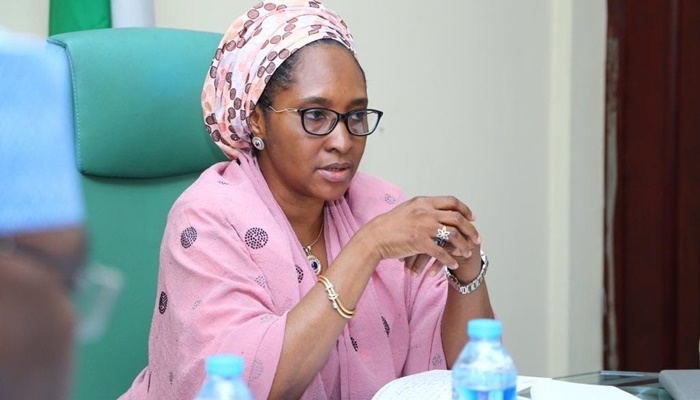
The World Bank’s January 2020 Global Economic Prospects report has revealed that uncertainty over the direction of the Federal Government’s policies has weakened Nigeria’s economic outlook, stressing that the country’s economy would grow by 2.1 per cent this year.
The predicted growth rate, which the World Bank also put at 2.1 per cent until 2022, is weaker than its previous projections for the country.
In the report, the World Bank explained that the Federal Government’s macroeconomic framework did not inspire confidence, specifically noting that the macroeconomic framework was characterised by multiple exchange rates, foreign exchange restrictions and persistent high inflation.
Another concern raised about the country’s macroeconomic framework was the observation that the Central Bank of Nigeria (CBN) was ‘targeting manifold objectives’.
Growing uncertainty over the direction of the policies of the Federal Government was expected to further weaken the country’s economic outlook, the bank said.
The World Bank report further observed, “Growth in Nigeria is expected to remain subdued.
“The macroeconomic framework – characterised by multiple exchange rates, foreign exchange restrictions, high persistent inflation, and a central bank targeting manifold objectives – does not provide a firm anchor for confidence.
“Growing uncertainty about the direction of government policies is expected to further dampen the outlook.
“Growth is projected to remain broadly unchanged, rising only to an average of 2.1 per cent in 2020-22.
“This is weaker than previous projections, reflecting softer external demand, lower oil prices, and a slower-than-previously-expected improvement in oil production in view of the lack of the much-needed reforms.”
The World Bank had in its latest Nigeria Economic Update, released in December 2019, warned that the depletion of fiscal buffers in the Excess Crude Account had rendered Nigeria more vulnerable to shocks.
The January 2020 Global Economic Prospects reported that growth in sub-Saharan Africa, Nigeria’s region, moderated to a slower-than-expected 2.4 per cent in 2019, falling from 2.6 per cent in 2018.
Highlighting recent events in the region, the report observed that “the feeble economic recovery in sub-Saharan Africa has lost momentum”.
It added that in Nigeria, Angola and South Africa – the three largest economies in the region – growth was subdued in 2019, remaining well below historical averages and contracting for a fifth consecutive year on a per capita basis.
Subdued growth in Nigeria in 2019 was largely blamed on the government’s macroeconomic policy and the country’s business environment, which, according to the World Bank, were not conducive.
“Activity in Nigeria was lacklustre, as both macroeconomic policy and the business environment remain un-conducive to strong domestic demand.
“Growth in 2019 is estimated to have remained broadly unchanged at two per cent, as the agricultural sector continued to underperform due to lingering insurgency in the North-East and farmers-herdsmen clashes, while unreliable electricity supply constrained manufacturing activity.”
The report, however, noted that some of the weaknesses in the Nigerian economy in 2019 were offset by increased oil production.
Growth in sub-Saharan Africa is projected to firm to 2.9 per cent in 2020 and strengthen to 3.2 per cent in 2021-22, a notably weaker projection than previous ones.
The bank is of the view that the projected growth would depend on factors such as improved investor confidence in some large economies in the region, as well as a pick-up in oil production, and robust growth among exporters of agricultural commodities.
“Nonetheless, these growth rates will be insufficient to make significant progress in reducing poverty in many countries in the region, highlighting the need for lasting improvements in labour productivity to bolster growth over the medium term,” the report observed.






